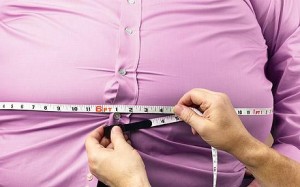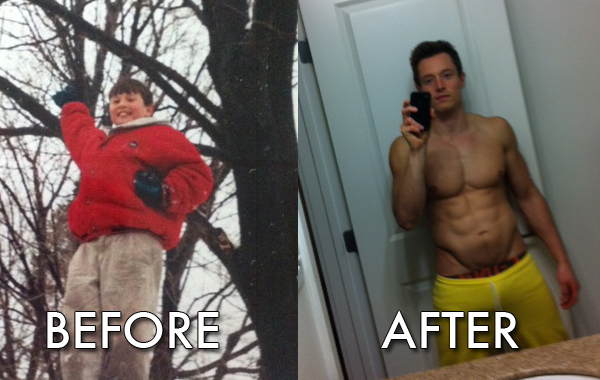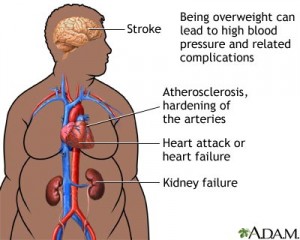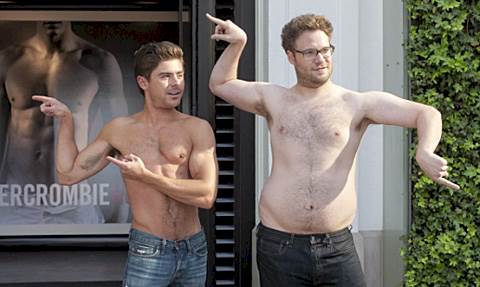 Unless you’ve been living under a rock with no WiFi, you’ve probably heard a thing or two about the so-called “dad bod” craze.
Unless you’ve been living under a rock with no WiFi, you’ve probably heard a thing or two about the so-called “dad bod” craze.
So what is a dad bod? And is it really something we should be celebrating?
First things first, a dad bod is a male body type that could otherwise be described as softly round. Maybe the guy with a dad bod played football in high school, but he probably had a few too many pizzas and drinks in college. Like many of our dads, the belly gradually increased over time due to inactivity and a not-so-great diet. The dad bod symbolically rejects mainstream societal standards for male physiques. Like six packs. Unless they’re beer.
On one hand, it’s important for all people to celebrate their bodies. With the amount of body shaming and our culture’s unrealistic standards for both men and women, it’s great to celebrate our bodies and their many shapes and sizes. In fact, according to a new study about weight stigma from a researcher at UC Santa Barbara, the media’s characterization of overweight people as lazy, weak-minded and self-indulgent may actually be contributing to the problem rather than helping to solve it. Regardless of our body mass index, it’s important (though difficult) to look at our bodies with love and gratitude - and anything that is a means to that end is worth considering.
But, on the other hand, the dad body is built on inactivity and poor nutrition. While it’s important to celebrate our body, let’s not celebrate depriving ourselves of movement and nourishment. And with those extra pounds come increased risk for heart disease, diabetes and a whole bunch of things that none of us want. And if you are a dad, it’s also important to be healthy and productive for your family. This excludes having a heart attack at age 66 - which, consequently, is the average age for male heart attack victims.
I think there’s a middle ground between being a sculpted Greek god and sporting a dad bod. That middle ground is called being healthy - and it’s based on a combination of smarter food choices and increased activity. It means eating your veggies, skipping some of the beers and hitting the gym. And healthy is something that all of us can celebrate.
P.S. To turn your dad bod into a healthy bod, I recommend my bootcamp program. You can download it right now - and get started today!







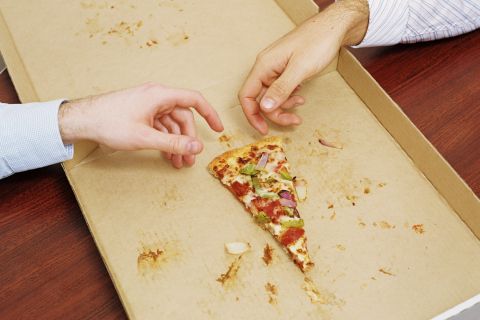
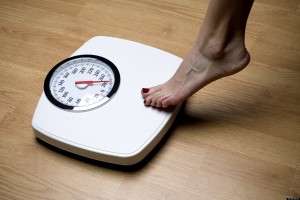
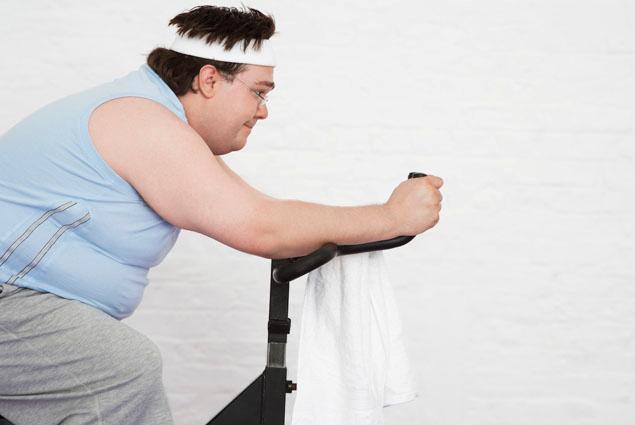
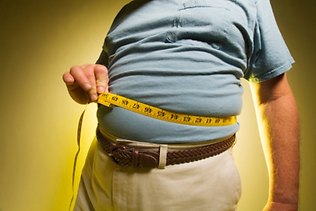 Do overweight people live longer? Yes, according to
Do overweight people live longer? Yes, according to 